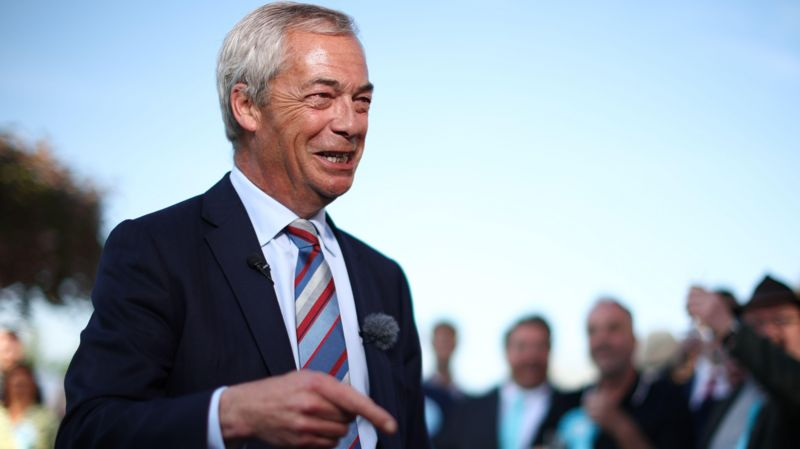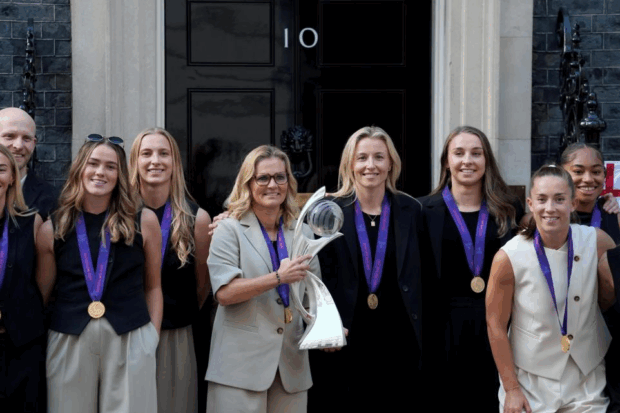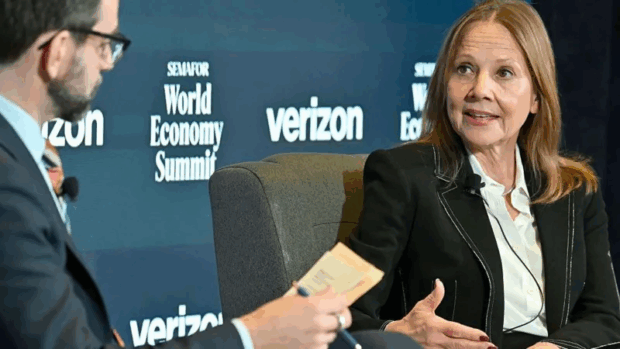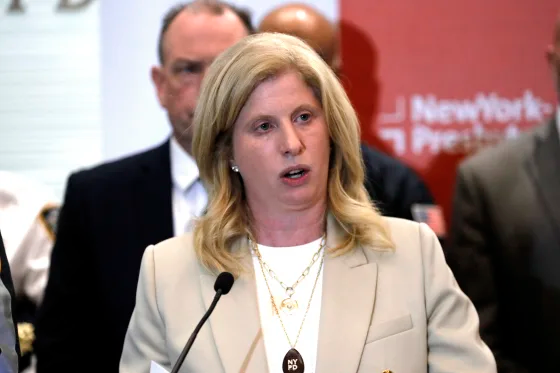
Nigel Farage has declared Reform UK’s electoral gains “unprecedented” and proclaimed “the end of two-party politics” following Thursday’s elections. The party secured control of 10 local councils, won two mayoral races, and added a fifth MP through the Runcorn and Helsby by-election.
These victories came largely at the expense of Labour and the Conservatives, with both major parties now assessing the impact. Prime Minister Sir Keir Starmer acknowledged that citizens aren’t yet experiencing the benefits of Labour governance, while Conservative leader Kemi Badenoch committed to rebuilding her party as a “credible” alternative.
Farage boldly claimed, “In post-war Britain, no one has ever beaten both Labour and the Tories in a local election before.”
In his Times article, Sir Keir argued the election results don’t call for “ideological zealotry” but rather indicate “now is the time to crank up the pace on giving people the country they are crying out for.” However, some Labour voices are urging policy reconsideration, particularly regarding winter fuel payment cuts for pensioners.
Labour MP Rachael Maskell called for reversing these cuts, stating, “We have got that mandate, I believe, as a party to look at how we can better redistribute wealth, as opposed to taking out of the pockets of the poorest.”
With results finalized, Badenoch apologized to defeated Conservative councillors: “I am going to make sure that we get ourselves back to the place where we are seen as the credible alternative to Labour.”
In The Telegraph, she wrote, “I’m deeply sorry to see so many capable, hard-working Conservative councillors lose their seats. They didn’t deserve it – and they weren’t the reason we lost.” Badenoch attributed the losses to 14 years in government and a “punishing” general election that “sapped morale and resources,” while noting the challenge of defending seats gained during a 2021 “vaccine bounce.”
The Conservative losses exceeded expectations, losing ground to both Reform and the Liberal Democrats. The party lost 674 council seats and all 16 authorities it was defending, though it did capture the Cambridgeshire and Peterborough mayoralty from Labour.
Roger Gough, former Conservative leader of Kent County Council, told BBC Radio 4’s Today program, “We are still under the shadow of what happened when we were in government. That’s a shadow that was over us when we went to the national polls last year, and it hasn’t lifted.”
Shadow chief treasury secretary Richard Fuller insisted Badenoch would remain party leader, saying the Conservatives “has to think deeply about policies that are going to work, make sure we’ve got the people to put them in place, then regain trust.” He rejected any alliance with Reform, noting Farage “has been very clear that he wants to destroy the Conservative Party.”
The Liberal Democrats also performed strongly, gaining 163 seats and control of three councils. They seized Shropshire from the Conservatives and gained control of Oxfordshire and Cambridgeshire. Lib Dem leader Sir Ed Davey claimed they had replaced the Conservatives as the “party of Middle England.”
The Green Party made modest gains with 44 seats, though disappointed in the West of England mayoral race. Green peer Baroness Jenny Jones noted, “It seems an era of five-party politics is happening and that’s very good for us, because as soon as people see it is not a choice between the Labour or Conservative, they start looking around for policies that suit them.”

















Be the first to leave a comment